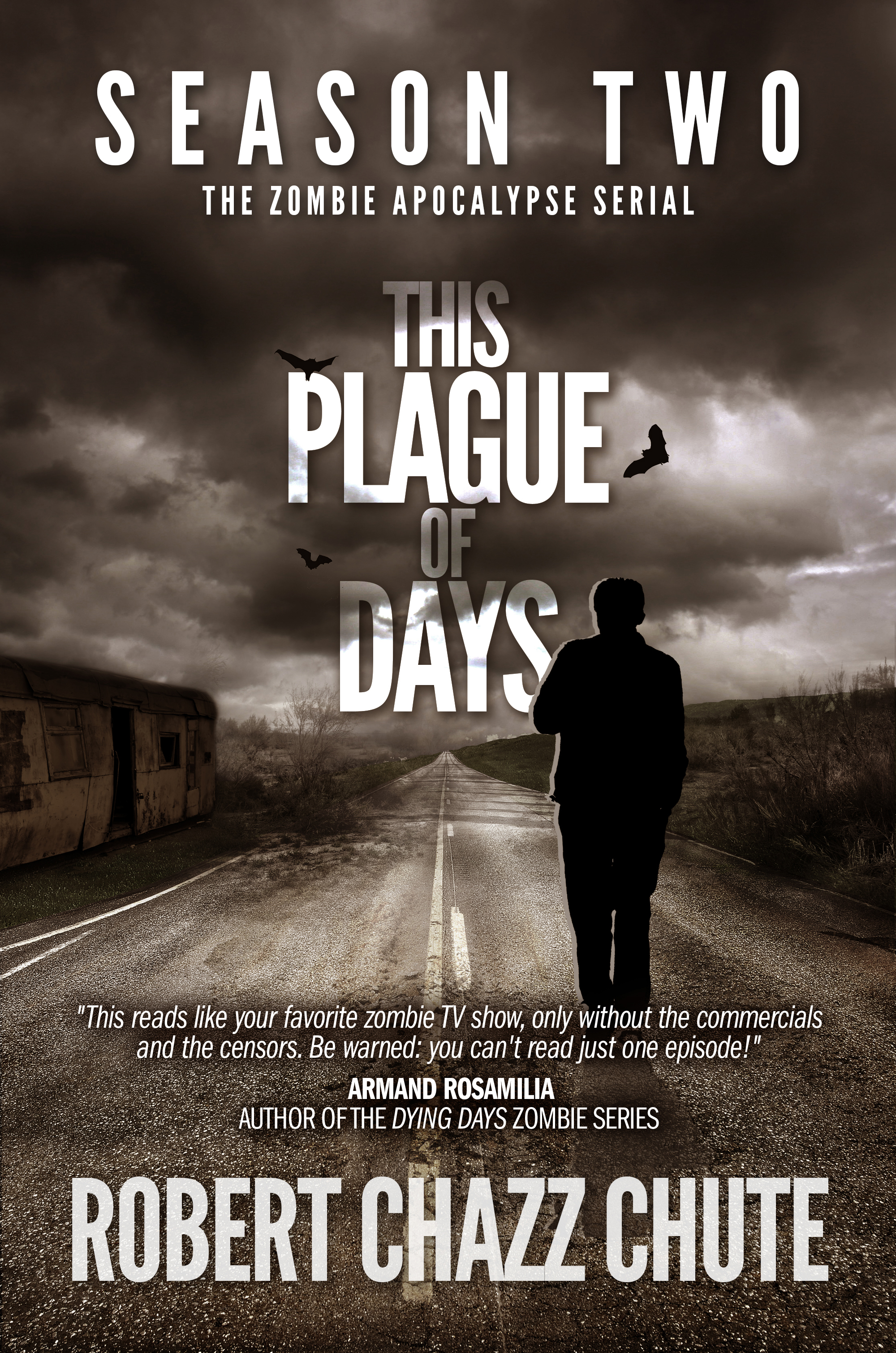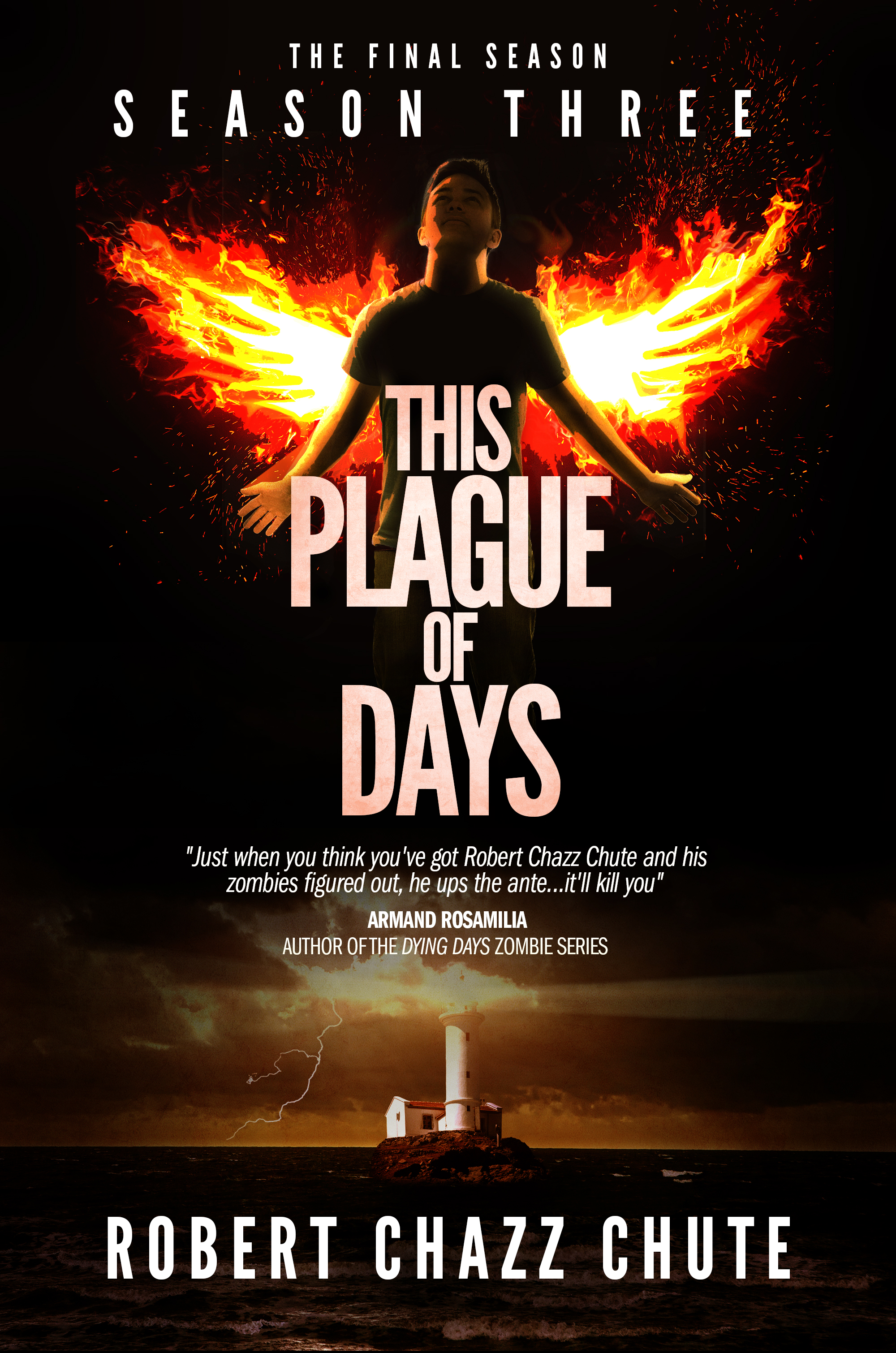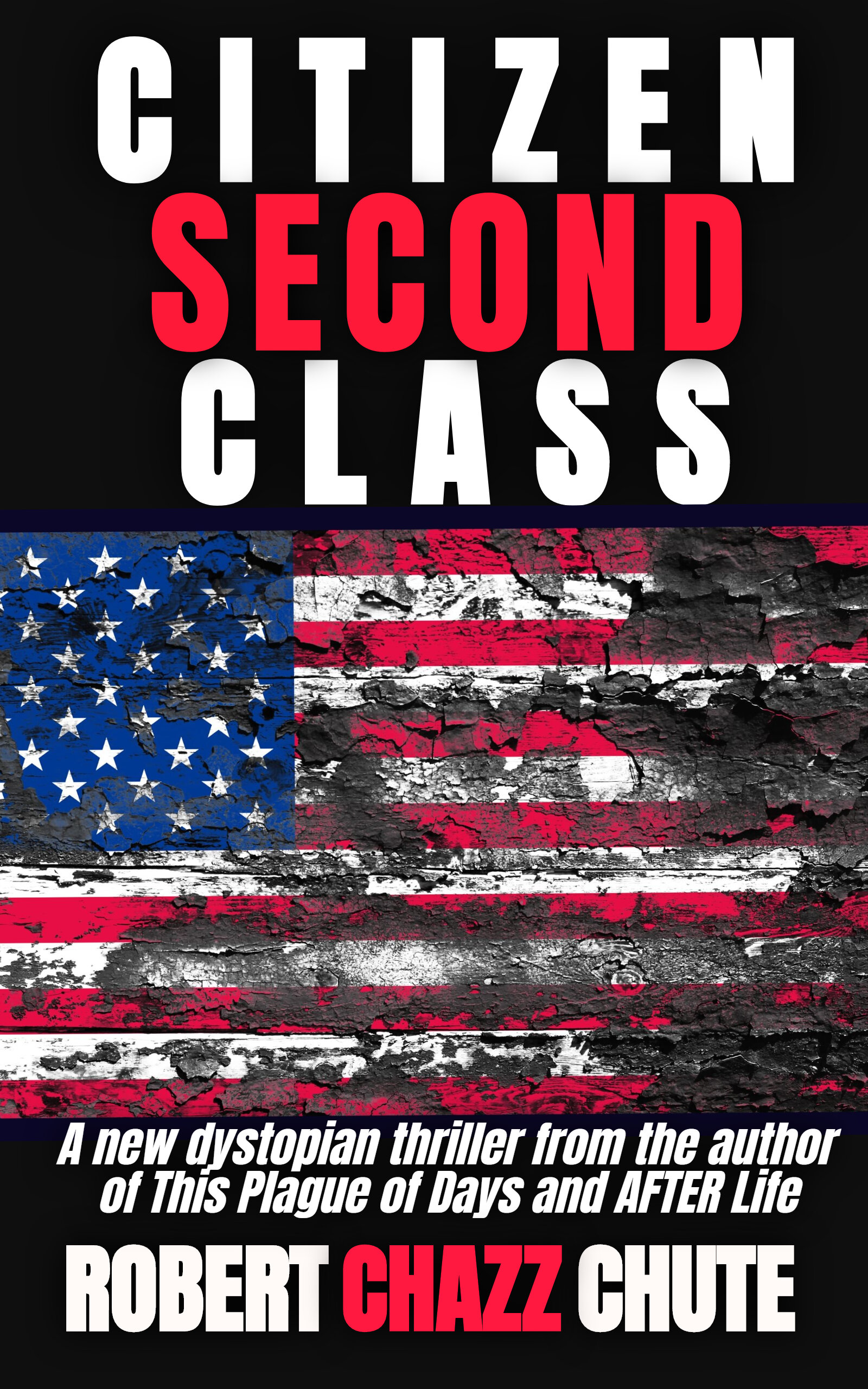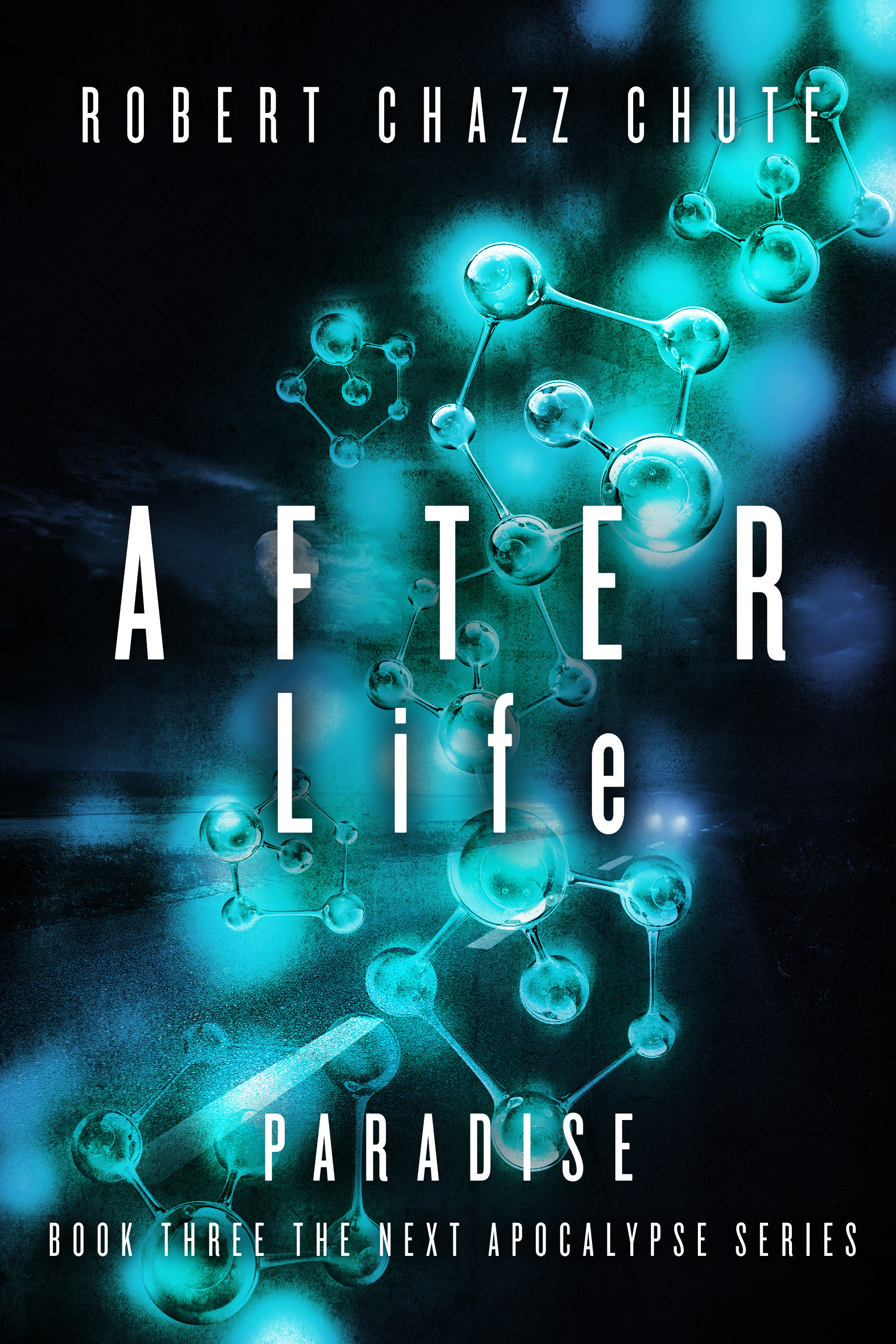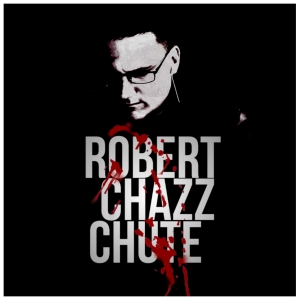What happened to the utopian visions of Gene Roddenberry’s Star Trek? His future eliminated poverty while the remakes by JJ Abrams are about fighting terrorism. It’s a fascinating question well explored on the C-Realm Podcast, though my answer is, by necessity, going to sound a tad grumpy.
I think of myself as a suspense writer first, but zombies and vampires are generally thought of as horror and post-apocalyptic books are classified under science fiction on Amazon. Call it science fantasy if you want, but the story crawls into paranormal and supernatural, too, so it’s Genre-of-the-Moment Slugfest.
But is my vision (gasp) cynical?
Are zombies a hipster fad of which we should be ashamed? Can’t sci-fi lead the way as a predictor of glittering tech advances instead of dwelling on how we’re all going to die long before each person on Earth gets their very own sex robot?
Every cynic thinks he or she is a realist, but first, I want to back up and say that Roddenberry’s visions weren’t always so rosy. I think the stories on Star Trek that succeeded for me were the war stories. Humans versus Klingons and The Wrath of Khan (the story itself the death of a utopian dream) held my attention. However, it’s probably true that the franchise got darker and grittier after Roddenberry’s death. Deep Space Nine had some of the Enterprise’s nifty IKEA furniture, but the quarters were more cramped and the lighting less cheery.
That said, I see what they’re saying on C-Realm. They credit Blade Runner as a leader in dystopian visions, at least in film. That’s a far cry from the gee whiz optimism of many sci-fi writers from decades past. We all need a little more Spider Robinson in our lives.
In the ’70s we had Omni magazine trumpeting the hope for the future of science and science fiction. For instance, they featured a graphic artist who created stunning spacescapes. It was truly beautiful art that only actual images from the Hubble telescope could replace. It was the artist’s policy never to paint any picture in which two spaceships engaged in battle. That’s admirable, yes, but it kind of sucks the dramatic potential out of a lot of fiction, kind of like taking the visual majesty and volleys of flaming arrows out of the battle scenes in Akira Kurosawa’s Ran, and asking, can’t we all just get along and make this a cozy comedy of manners? Is that beheading with all the blood spray on the wall really necessary?
Optimistic visions of the future in fiction make me think of Paul and Linda McCartney asking Weird Al Yankovic to refrain from a making a cover of Live and Let Die. Weird Al did not release Chicken Pot Pie out of respect for the former Beatle’s wishes. Longtime vegetarians, Paul and Linda worried a comedic song would worsen the commercial slaughter of chickens. It probably would have. Thinking about it makes me want a chicken pot pie right now. I also think Weird Al’s song would have been awesome.
But to the question, is science fiction’s tone too relentlessly dark?
The C-Realm host and guest offered the movie Her as an antidote to our dour visions of the future. There is something very alluring about a story that cranks up Iron Man‘s personal digital companion, J.A.R.V.I.S., to Level Scarlett Johansson Sexy. (J.A.R.V.I.S. stands for Just a Rather Very Intelligent System, by the way. Siri would have been cooler if Apple had called it J.A.R.V.I.S., though Siri has yet to live up to the J.A.R.V.I.S standard of service, reporting on my armour’s structural integrity and whatnot.) Actually, Iron Man’s inventions (as long as they don’t fall into the wrong hands) might be the most optimistic vision of the future you’ll see on screen this year, besides Her.
The darkness in our fiction lies not in our stars but in ourselves.
We write from the heart, or at least I do. A future where we’re overrun by a world flu pandemic is actually considered long overdue by virologists. (Could happen next week. Pack a linch and wear a sweater.) My zombies aren’t real zombies and my vampires aren’t real vampires. They are humans infected with a virus that changes their physiology. There are supernatural elements in This Plague of Days, but once you’re dead, you don’t get up again in the world I’ve built. It looks a lot like our world.
But is it too dark? Well, it is dark.
Some of the events go from creepy to downright grisly. There are also jokes. I even include a few optimistic touches toward the end. However, I am allergic to Happily Ever After. I promise a satisfying ending and resolutions you don’t expect, but Happily Ever After often seems too pat and easy to me.
And that’s the crux of it.
My vision for the future springs from what I see now, not what could be if we really believe and clap our hands. If George Orwell hadn’t already written 1984, I’d attempt to write that. Drones, surveillance and the NSA cracking everyone’s porn privacy? That’s a dream straight out of an adolescent Big Brother’s wet bed. Because I’ve mentioned them and they’re always googling vainly, say hello! Hi, NSA! (Waves.) Just a writer spouting on the state of science fiction and the future. Nothing to see here. Move along to checking up on the sex lives of your former girlfriends and boyfriends from high school! Thank you! Also, please go catch a real terrorist with a suitcase dirty bomb. Aces.
Back on topic
I was promised jet packs when I was as kid (a fixation that’s shared widely, I think, since it’s also mentioned on C-Realm.) I’m still disappointed about that. No…bitter is the word. And yes, all the endless toil minus robots is a downer.
When we see the space shuttle in the promo reel before the movie trailers? I always think, We don’t even make those anymore! There is no Omni magazine heralding gee-whiz hope and they plan to shut Hubble down! And a trip to Mars? Sounds like a stupid suicide mission to me, especially when we could solve a lot of world problems with the money we’d waste on going to the red planet. (Think of Mars as the worst parts of Arizona, but without oxygen. To be fair, at least Mars doesn’t go out of its way to try to suppress gay rights, so there’s that.)
If my fiction appears cynical, all I can say is it comes from an honest place. Dark visions are the logical extensions of my worldview. Ideas about a cheery, brighter future would be a nice diversion and uplifting to be sure. However, I’m more interested in drama rising from conflicts I observe in the present. There’s something about those cheery futures which reek of white privilege to me. I’m not going hungry and I’ve got a cell phone (made by slaves) so why can’t we envision a future that amps up all that gee-whiz hope?
Because it doesn’t feel real, that’s why. Because we’re still stuck in stupid wars. Because the logical extension of now is more darkness. My fiction is dark because, as a person of conscience who listens to Democracy Now a lot, my worldview really is that dark.
Yes, I do give glimmers of hope here and there in This Plague of Days.
But the price at which that hope is bought — in both human lives and sacrifice — is very high indeed. I guess it sounds silly to talk about verisimilitude in a story about an autistic boy versus zombies versus vampires. But every emotion and conflict within the Spencer family at the end of the world feels very real to me. Joy, redemption, love, hope and loss is all there. I think of it as To Kill a Mockingbird, but with more zombies and even more child endangerment. For a zombie apocalypse, there’s a startling lack of gunfire in This Plague of Days. I think there are plenty of apocalyptic books that read like Rambo married an army manual and I attempt to do something different with all my fiction.
This Plague of Days is silly, escapist fiction (for the thinking reader with a conscience, I hope)…but I write it real.
I write what I see. And I concede, I do wish I could be more hopeful.
~ Season Three, and the conclusion of This Plague of Days by Robert Chazz Chute hits Spring 2014. Catch up on Season One and Two here.



![Pageflex Persona [document: PRS0000039_00004]](https://thisplagueofdays.files.wordpress.com/2013/10/tpod-pb-2.jpg?w=300&h=213)



